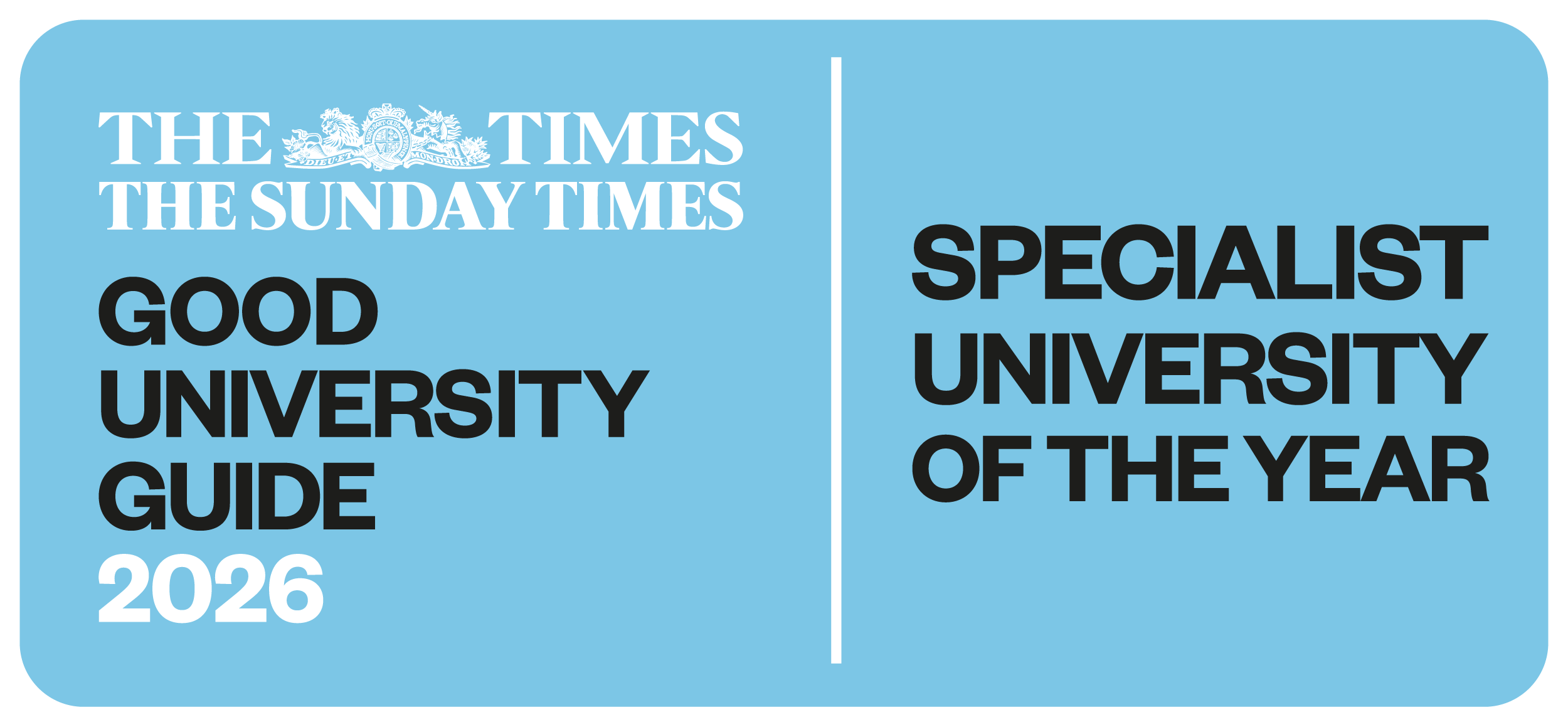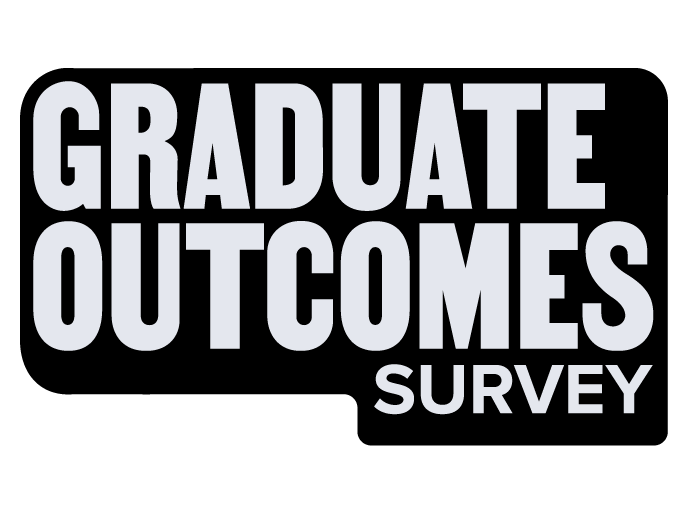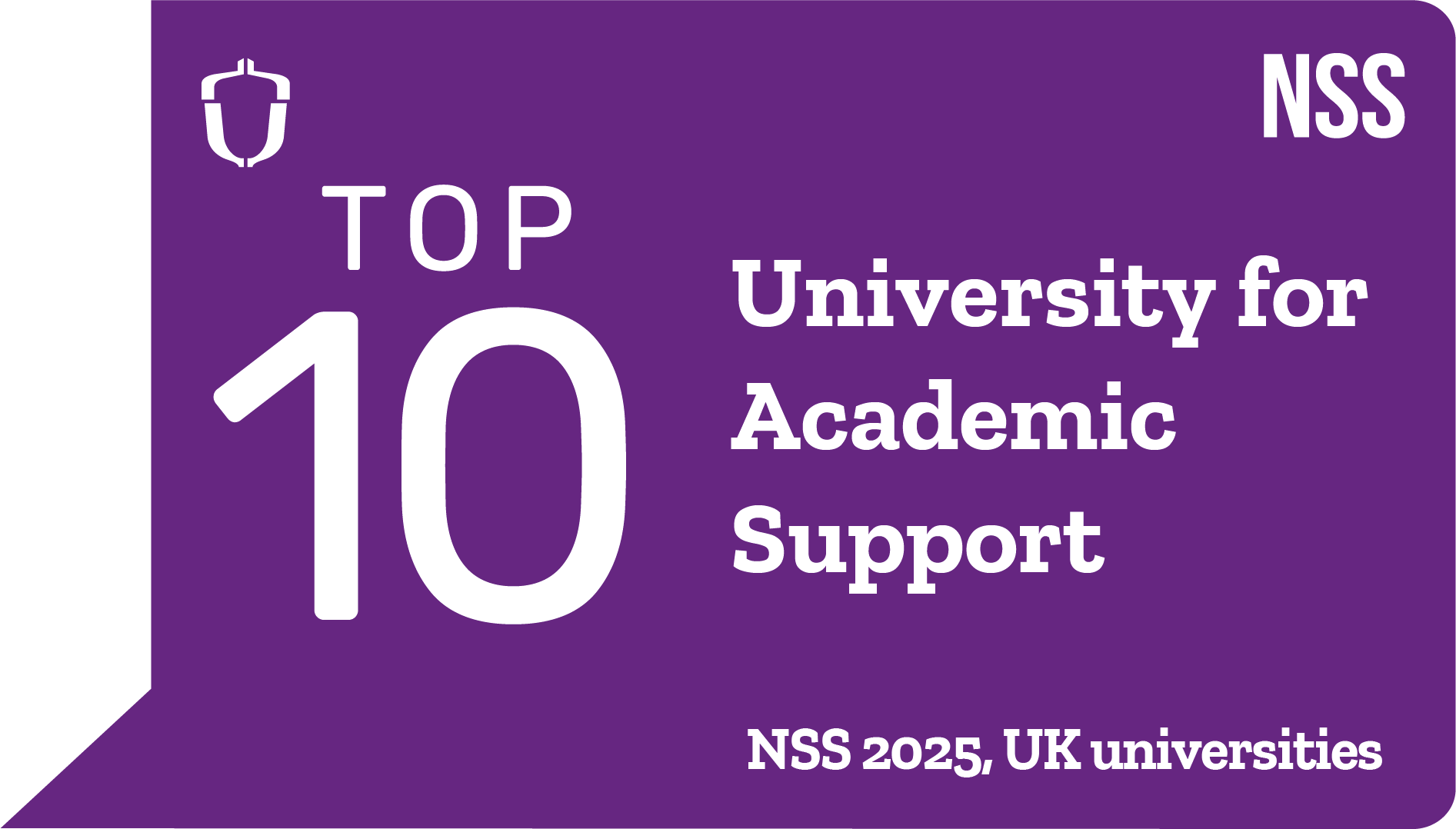This degree is for you, if you want to pursue a range of scientific areas that focus on the processes underpinning disease. You’ll develop your expertise in disease diagnosis, microbiology, physical therapies and rehabilitation.
Study bioveterinary science in professional-standard laboratories, volunteer within our animal collection, commercial farm and large equine centre to develop your experience working with animals.
Apply theory to practice as you get hands on in our dissection and microbiology laboratories, learning more about a range of species. Investigate notifiable and zoonotic diseases, study farm animals, equine and companion species.
You’ll have the opportunity to complete biochemistry and genetics modules, as well as livestock production with practical sessions on our campus farm. You could experience rehabilitation first-hand in our commercial equine and canine therapy centres with our animal therapy modules, and evaluate cutting-edge hydrotherapy research.
UCAS tariff points | 32-48 UCAS tariff points.
A Levels | EE-DD or equivalent from at least one full A Level.
Vocational Awards | PPP in an Extended Diploma.
Access | 32-48 UCAS tariff points in an Access to Higher Education Diploma.
International Baccalaureate | 32-48 UCAS tariff points in an IB Diploma, to include one Higher at H3 or above.
Scottish Highers | 32-48 UCAS tariff points from at least one Higher. You must have completed two years study at Higher Level.
Irish Leaving Certificate | 32-48 UCAS tariff points from at least one Higher.
T Level | An overall grade of Pass.
Additional Information
In addition to the above, we require a minimum of five GCSEs at grade 9-4 (A*-C), to include English and Maths. We will consider equivalencies including but not limited to functional skills level 2, Irish Ordinary level, National 5s, IB standard level.
We will consider combinations of level three qualifications.
We welcome applications from individuals with equivalent, non-UK qualifications and mature students (over 21). We may interview as part of the application process.
International students
Please read the entry requirements for your country and contact our admissions team if you have any questions.
Email us
Your support network
You'll benefit from a strong support network from day one to be the best you can be. This will range from your personal tutor and specialist academic support team (our Achievement and Success Centre) to dedicated wellbeing and employability (Employability, Skills and Careers) centres.
Academic support
You’ll have your own personal tutor while you’re here who will support you to succeed in your studies. You’ll also have access to our academic and wellbeing support teams who run regular workshops and one-to-one sessions on campus and online.
Alongside this, we have a comprehensive bank of online study skills resources to help you make the most of your qualification.
Your learning experiences
You'll experience a range of teaching methods to strengthen your digestion of topics, including lectures, workshops and practical sessions, as well as supported work placement learning as part of many courses.
Your career
Each year of your course will be made up of two semesters, within which you’ll study compulsory and optional modules on different industry-focused topics, enabling you to develop your own unique portfolio of knowledge, skills and experience, ready for your career. The course is taught in English.
















